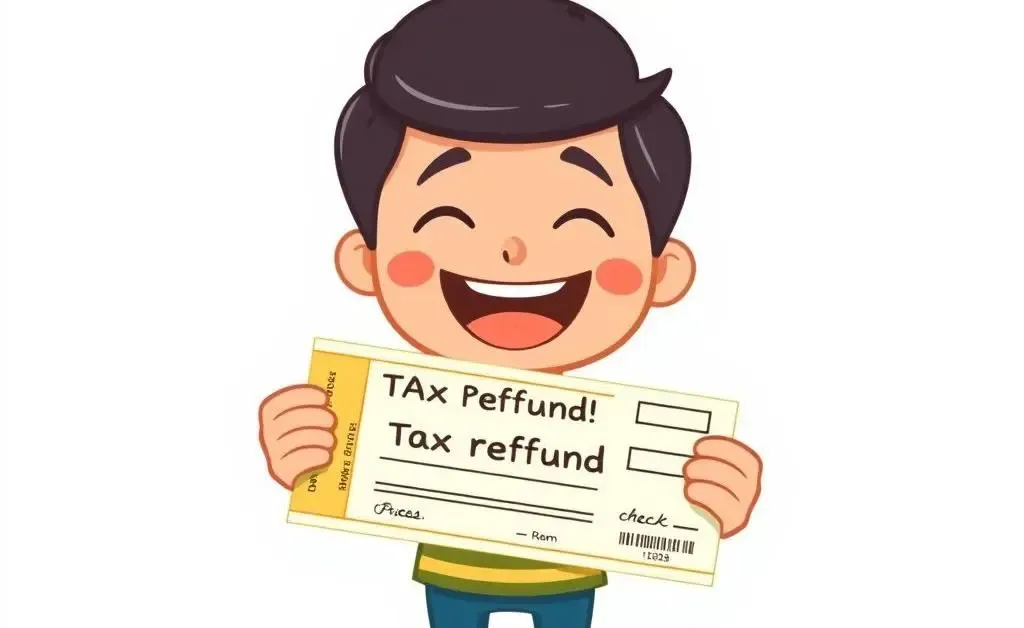Everything You Need to Know About PAYE Tax Refunds in the UK
Discover how PAYE tax refunds work and speed up your refund process efficiently.

Has anyone ever told you how great it is to unexpectedly receive a tax refund check just when your wallet is feeling a little too light? If you work in the UK and are under the PAYE (Pay As You Earn) system, understanding the ins and outs of tax refunds might just lead to that joyful moment.
The promise of a tax refund feels like finding money in an old coat pocket—public finance's way of giving back a little surprise. But how can you ensure you're set to potentially receive this financial boon? Let's dive into the essentials of PAYE tax refunds with some useful tips along the way.
How Does a PAYE Tax Refund Work?
First things first—what exactly is a PAYE tax refund? Under the PAYE system, taxes are deducted straight from your paycheck by your employer. Sometimes, due to a variety of reasons like overestimating your annual income or a sudden change in jobs, you might pay more tax than necessary.
When this happens, Her Majesty's Revenue and Customs (HMRC) will owe you a refund for the overpaid amount. But this isn't automatic! You need to ensure your records are up to date. If they owe you, they'll typically notify you via mail or email.

Steps to Speed Up Your Refund
Wondering how to get your hands on a refund? Let's look at some practical steps!
- Check Your Tax Code: Make sure you're on the right tax code. A wrong code can result in overpayments throughout the year.
- Keep Records: Maintain accurate records of your payslips and correspondence with HMRC.
- Submit Information Online: Use the HMRC online portal to update your employment status if changes occur.
- Reach Out: If you're unsure, calling HMRC can clarify your situation and provide assurance.
Common Concerns and Questions
One concern that often comes up is, "How long until I receive my refund?" On average, once everything is sorted, you might be looking at a wait of 4 to 12 weeks. It’s important to ensure all your details are correct and up to date to prevent delays.
Jane, a fictional friend of mine, recently went through this. After realizing she was on the wrong tax code for the last year, she called HMRC, corrected her information, and initiated her refund process. She gave a soundtrack of patience during the wait, but assurance followed when her funds finally arrived.

Making the Most of Your Refund
Once you receive your refund, consider how you might put it to good use. Whether it's padding your savings, treating yourself to a nice day out, or investing in something meaningful, a little financial planning can go a long way.

The world of taxes, while potentially tedious, holds hidden opportunities for financial clarity and advantages. Next time you think you've overpaid, don’t leave it up to chance!
What would you do with an unexpected tax refund? Let's hear your thoughts in the comments below!




